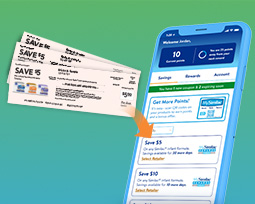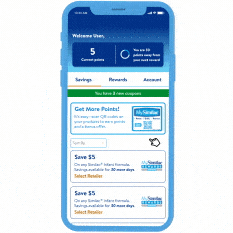Maybe you’ve heard the more heartburn you have while you’re pregnant, the more hair your baby will have when they’re born. In fact, a small study showed that there may indeed be a link between the severity of heartburn and the amount of hair your baby has at birth.
While baby’s hair doesn’t cause heartburn, the hormones that contribute to baby hair growth are associated with heartburn. So, if you’re feeling the burn, your baby may be arriving with a lush head of hair!
What are causes of heartburn during pregnancy?
About 80% of pregnant women suffer from heartburn. It is one of the earliest symptoms of pregnancy, often beginning around month two and carrying on until your baby is born.
It happens when large amounts of the hormones estrogen, progesterone, and relaxin relax the smooth muscle tissues in the body. This impacts the gastrointestinal tract, esophagus, and valve between your stomach and esophagus. This relaxed valve is less able to stop the backflow of contents from your stomach into your esophagus, which can irritate the esophageal lining and cause a burning sensation in your throat and chest area.
A relaxed digestive tract also slows the movement of food, which contributes to constipation.
Further into pregnancy, the pressure of your growing uterus on your stomach and intestines can make things worse. Add the increased acidity in your stomach caused by pregnancy, and you feel symptoms from all these factors.







